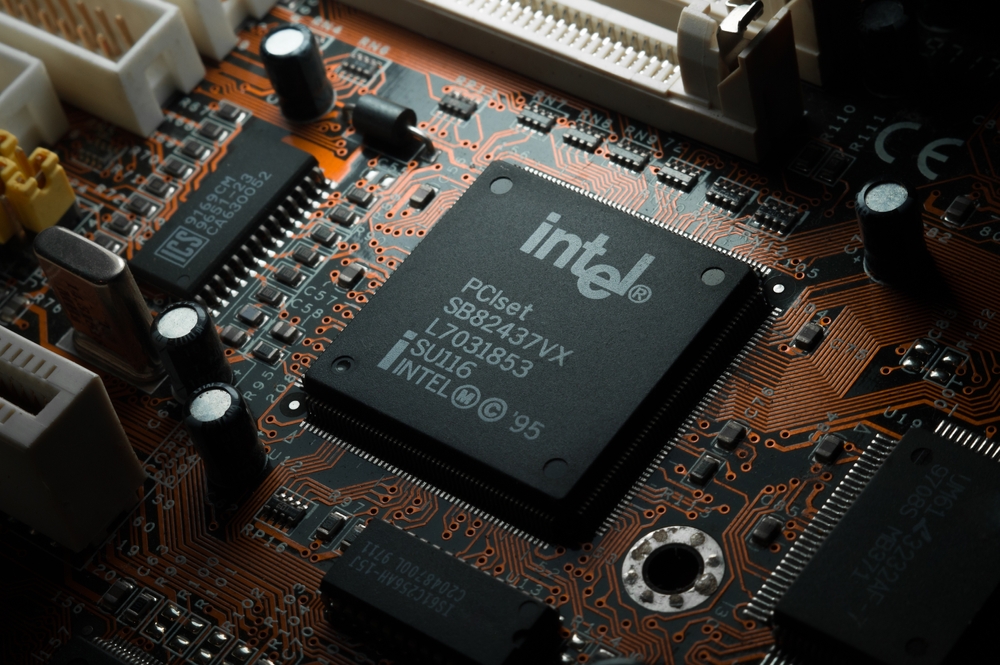Intel, the American multinational technology company, will reportedly stop producing chips for Bitcoin miners.
This is mainly due to a decline in demand for these products, according to a report by the South China Morning Post.
Sources familiar with the matter have said that Intel has halted the production of its application-specific integrated circuit (ASIC) chips used in Bitcoin mining, but will continue to manufacture these chips for other applications.
ASICs are specially designed chips for specific applications, including cryptocurrency mining. These chips offer a significant advantage in terms of performance and power consumption compared to traditional computer processors.
The demand for Bitcoin mining hardware has been decreasing over the past few months due to a combination of factors, including the declining price of Bitcoin, increasing mining difficulty, and regulatory crackdowns on cryptocurrency mining in China.
This news comes after Intel announced plans to invest $20 billion in two new chip manufacturing plants in Arizona, USA, to meet the increasing demand for computer chips in various industries.
The decline in demand for Bitcoin mining chips may not have a significant impact on Intel’s revenue, as the company generates the majority of its revenue from other products, such as personal computers and data centers.
This move by Intel is not surprising, as other major players in the mining hardware industry, such as Bitmain, have also been facing challenges due to the declining demand for their products.
In addition to the decline in demand for mining hardware, the cryptocurrency market has been experiencing significant volatility in recent months. The price of Bitcoin has dropped significantly since its all-time high of nearly $65,000 in April 2021, and other cryptocurrencies have also seen declines in their values.
Regulatory uncertainty is also a factor affecting the cryptocurrency market, with governments around the world introducing new regulations to address the risks associated with cryptocurrency transactions, including money laundering and terrorist financing.
Despite the challenges facing the cryptocurrency market, many experts believe that it has a promising future, with the potential to disrupt traditional financial systems and revolutionize the way we think about money.
Intel stops bitcoin mining Chips
In conclusion, Intel’s decision to halt the production of Bitcoin mining chips reflects the declining demand for these products due to various factors, including regulatory uncertainty and declining cryptocurrency prices.
However, this move is unlikely to have a significant impact on Intel’s overall revenue, as the company generates most of its revenue from other products. Despite the challenges facing the cryptocurrency market, many experts remain optimistic about its future potential.
